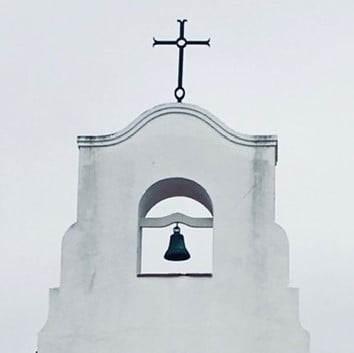The desire of Christian nations to dominate infidel nations and their lands, led to a desire to “discover” or locate any infidel lands throughout the world that had not yet been dominated. This was to be done in order to expand the Christian empire. That desire resulted in Christian monarchs authorizing voyages to search for any non-Christian lands that had not been subjected to Christian domination.

The pope and the monarchs of Christendom believed it was God’s desire for “His” empire and domination to be extended to all parts of the planet. To accomplish this, it was necessary to sail across the ocean in search of any and all places that had not yet been forced to live under “God’s” Christian empire and domination. We know this because of the sentence found in the Vatican papal bull of 1493, “We trust in Him [God] from whom empires and dominations and all good things proceed.”
What has been called “the doctrine of discovery” is premised on the belief that it was God’s desire for Christian monarchs to locate and dominate any and all non-Christian lands. This supposed God-given “right of domination” ended up being called “the right of discovery,” or “the right of Christian discovery.” In this context, then, “the word “discovery” in the phrase “doctrine of discovery” means “a fulfillment of God’s desire to locate non-Christian lands in order to dominate them and the nations and peoples living there.”
This desire for domination is reflected in the biblical passage Psalms 2:8, “Ask of me and I shall give to you the heathen for your inheritance and the uttermost parts of the earth for your possession.” Because an inheritance is a form of property, Psalms 2:8 is saying that the gentiles or non-believers will be given to “the chosen people” as a form of property, along with all the un-dominated parts of the earth for the chosen peoples’ possession. This also evokes a sense of property, which William Blackstone defined as a right of “despotic dominion,” or, in other words, a claimed right of domination.
Steven T. Newcomb, copyright 2019